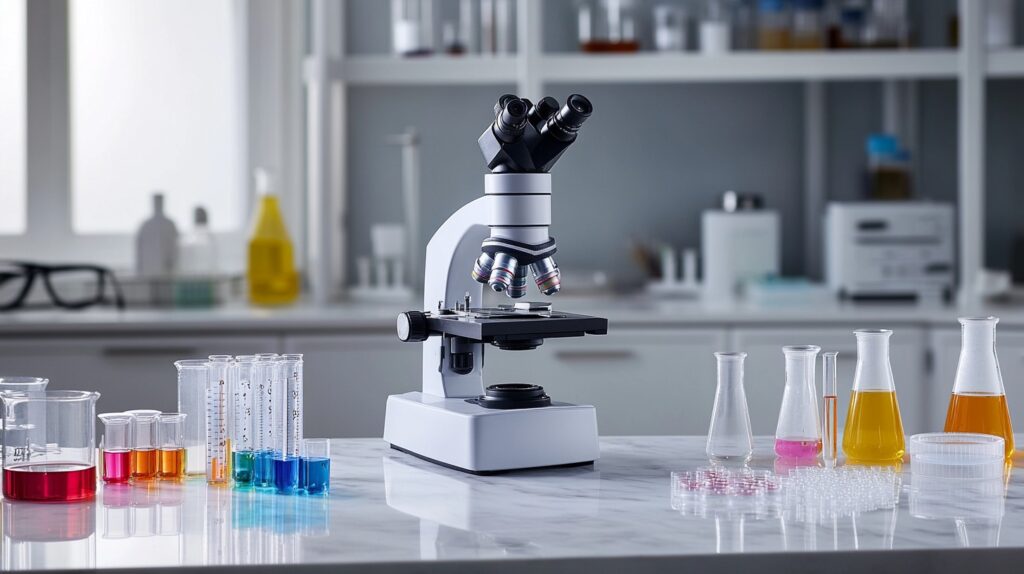New AI Tool MILTON Detects Early Signs of Over 1,000 Diseases, Transforming Early Diagnosis and Treatment
A revolutionary artificial intelligence (AI) tool named MILTON can now detect early signs of over 1,000 diseases, years before symptoms develop, according to new research. Developed by pharmaceutical leader AstraZeneca, MILTON analyzes routine medical tests to identify hidden patterns, offering early predictions for conditions such as Alzheimer’s, COPD, and kidney disease.

How MILTON Works to Predict Disease Early
MILTON uses data from the UK Biobank, which includes health records of 500,000 people, to analyze 67 clinical biomarkers like blood tests, blood pressure, and general health data. By detecting these early indicators, MILTON can predict the onset of diseases long before patients notice any symptoms. The AI also analyzes 3,000 proteins in blood plasma, which are vital to immune and hormonal systems, further improving its ability to flag health risks.
According to research lead Slave Petrovski, the AI identifies disease triggers in the blood before visible symptoms appear, allowing for earlier intervention. “We can detect subtle signatures in an individual’s data that predict diseases like Alzheimer’s, COPD, and many more.”
Accelerating Treatment and Prevention with AI
AstraZeneca believes this breakthrough AI tool will significantly speed up the development of more effective treatments by allowing doctors to intervene earlier in the disease process. MILTON’s predictive power can help healthcare providers develop targeted therapies and preventive treatments, ultimately stopping diseases in their tracks. AstraZeneca has also made MILTON’s data available to other researchers, further driving innovation in diagnostics.
MILTON’s Impressive Performance
MILTON delivered exceptional results, predicting with high accuracy the development of 121 diseases and performing well in identifying over 1,000 others. Its ability to integrate routine biomarkers with blood protein analysis greatly enhances its predictive capabilities, providing deeper insights into disease development.
Ethical Concerns and Future Applications
While the potential of MILTON is groundbreaking, experts warn of ethical challenges. Professor Dusko Ilic from King’s College London praised MILTON’s “remarkable” predictive abilities but expressed concern over privacy. Without strict regulation, there is a risk of misuse by insurance companies or employers, leading to privacy violations or discrimination.
Despite these concerns, MILTON could revolutionize healthcare by enabling earlier diagnosis, reducing treatment costs, and improving overall health outcomes. However, it remains in the research phase, and AstraZeneca will need to ensure ethical practices are in place before its widespread use.
Future Impact on Healthcare
Experts, like Professor Tim Frayling of the University of Exeter, also caution that while MILTON can improve our understanding of disease progression, predicting exactly who will develop a disease remains complex. Still, its ability to detect early signs of disease could transform how we manage chronic conditions.
In the future, MILTON could play a pivotal role in early disease detection, personalized treatment, and preventative healthcare, drastically improving patient outcomes and reducing healthcare costs.



